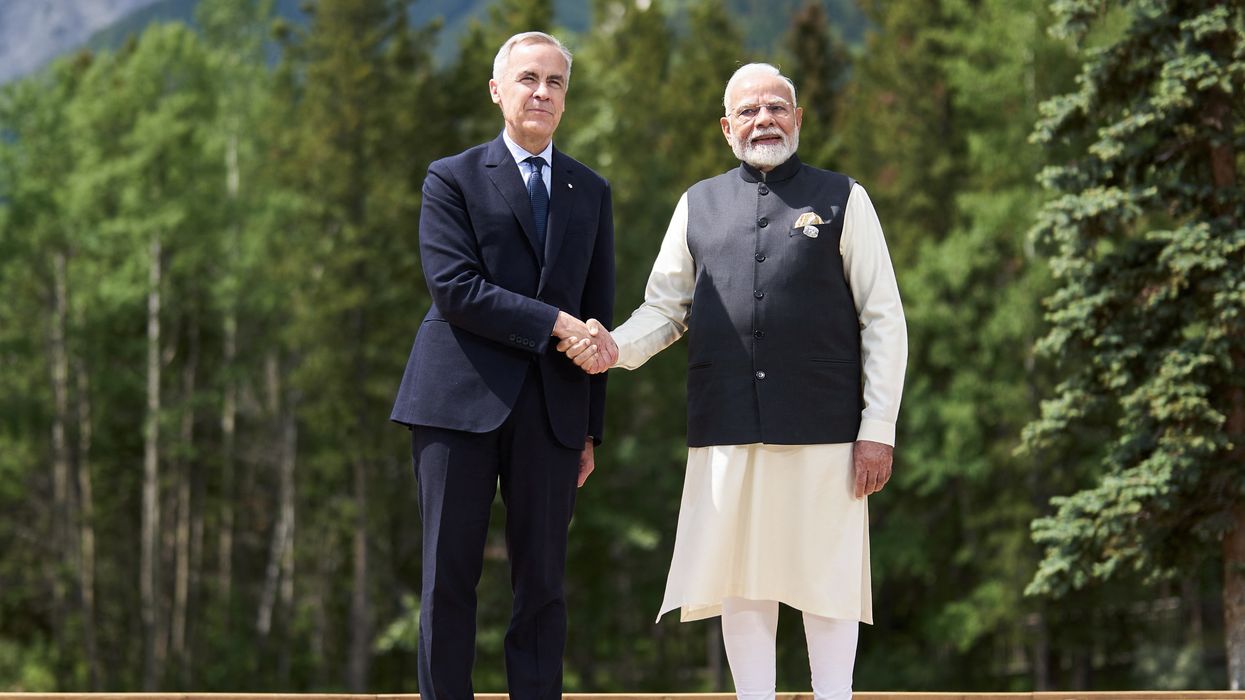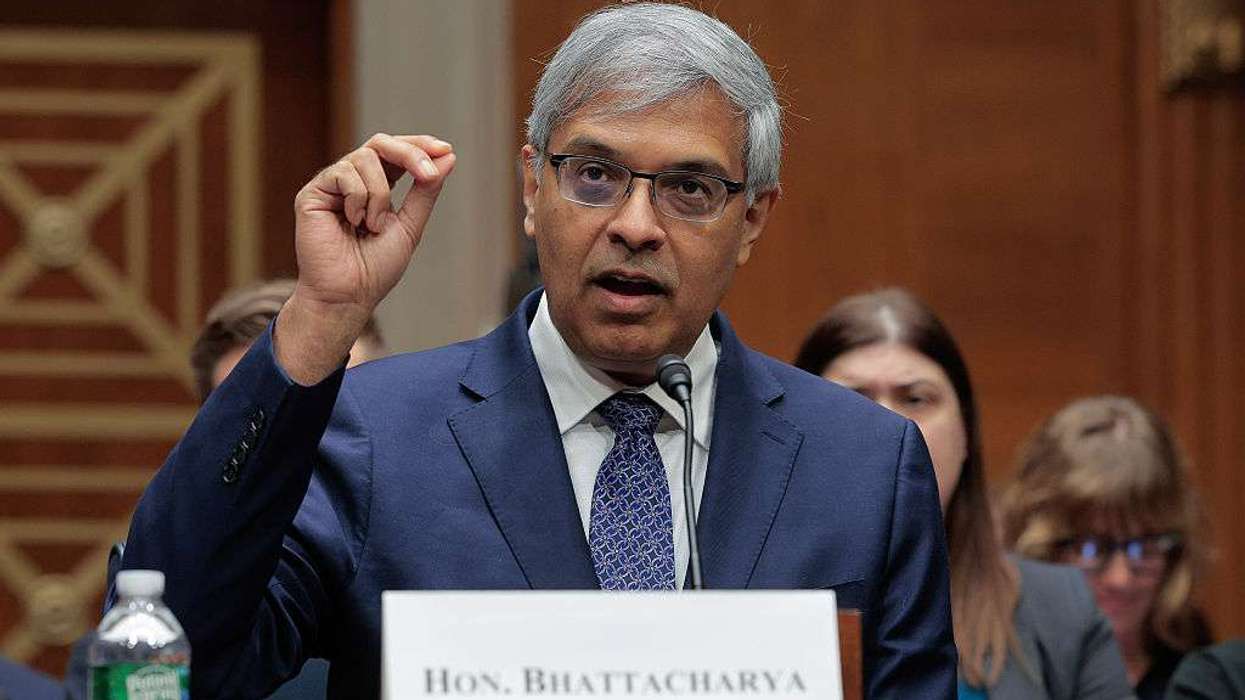INDIA and Canada have agreed to restore full diplomatic ties by returning ambassadors to each other’s capitals, aiming to move past a dispute triggered by the killing of a Sikh separatist in Canada last year.
The announcement came as Canadian prime minister Mark Carney welcomed Indian prime minister Narendra Modi to the Group of Seven (G7) summit held in the Canadian Rockies. Carney, who took office in March, invited Modi to the summit as a guest, continuing India's regular participation at G7 gatherings.
Carney’s predecessor, Justin Trudeau, had accused India of being involved in the killing of Hardeep Singh Nijjar, a Canadian citizen, in British Columbia in 2023. Following the allegation, Canada expelled the Indian ambassador, and India responded by expelling Canada’s envoy.
Now, both leaders have agreed to appoint new high commissioners — the title used for ambassadors between Commonwealth nations — with the aim of restoring normal diplomatic operations and improving bilateral ties.
Carney said he hoped the discussions with Modi would "provide the necessary foundations to begin to rebuild the relationship, based on mutual respect, sovereignty, trust."
"I would describe it as foundational -- as a necessary first step, a frank, open exchange of views around law enforcement, transnational repression," Carney said at a news conference.
He added that India continues to be invited to G7 summits each year due to the size of its economy.
Services had been impacted
Diplomatic tensions had disrupted services between the two countries, which traded $9 billion in 2023. Canada was forced to suspend in-person services at all of its missions in India except its embassy in New Delhi. The two countries also share close cultural links, including a large Indian diaspora in Canada.
Modi, during his meeting with Carney at the mountain venue, said that both nations were "dedicated to democratic values" and that the relationship was important "in many ways."
He congratulated Carney on his Liberal Party’s election win and said he was confident that “India and Canada will work together to make progress in many areas.”
Protests and political response
As Modi met Carney, Sikh protesters held rallies in Calgary, the nearest major city to the summit. Some criticised Modi’s presence at the event, citing concerns about the human rights record of his government.
The New Democratic Party (NDP), Canada’s fourth largest party and not formally part of Carney’s government, opposed Modi’s invitation. In a statement, the NDP referred to allegations of Indian surveillance against former party leader Jagmeet Singh, who is Sikh.
"Continuing to engage Modi's government without accountability undermines all efforts to defend human rights, transparency, and the rule of law," the NDP said ahead of Modi’s visit.
Canada has the largest Sikh population outside India, accounting for about two per cent of its population. The community is concentrated in key suburban swing regions and has gained growing political influence.
Nijjar killing still under litigation
Hardeep Singh Nijjar, who advocated for a separate Sikh state called Khalistan, was killed in the parking lot of a Sikh temple in 2023. He was a naturalised Canadian citizen.
Trudeau had publicly accused India of being directly involved in the killing and claimed that India was behind a wider campaign of intimidation targeting Sikh activists in Canada.
India denied any role in Nijjar’s death and urged Canada to take stronger action against violent Khalistan supporters, describing the movement as a fringe presence in India.
Carney did not confirm whether he discussed Nijjar’s case directly with Modi, saying it was subject to ongoing litigation.
The United States, which also has close ties with India, had accused an Indian agent of being involved in an unsuccessful plot against a Sikh separatist on its soil. However, Washington addressed the issue more quietly than Trudeau.
(With inputs from agencies)





